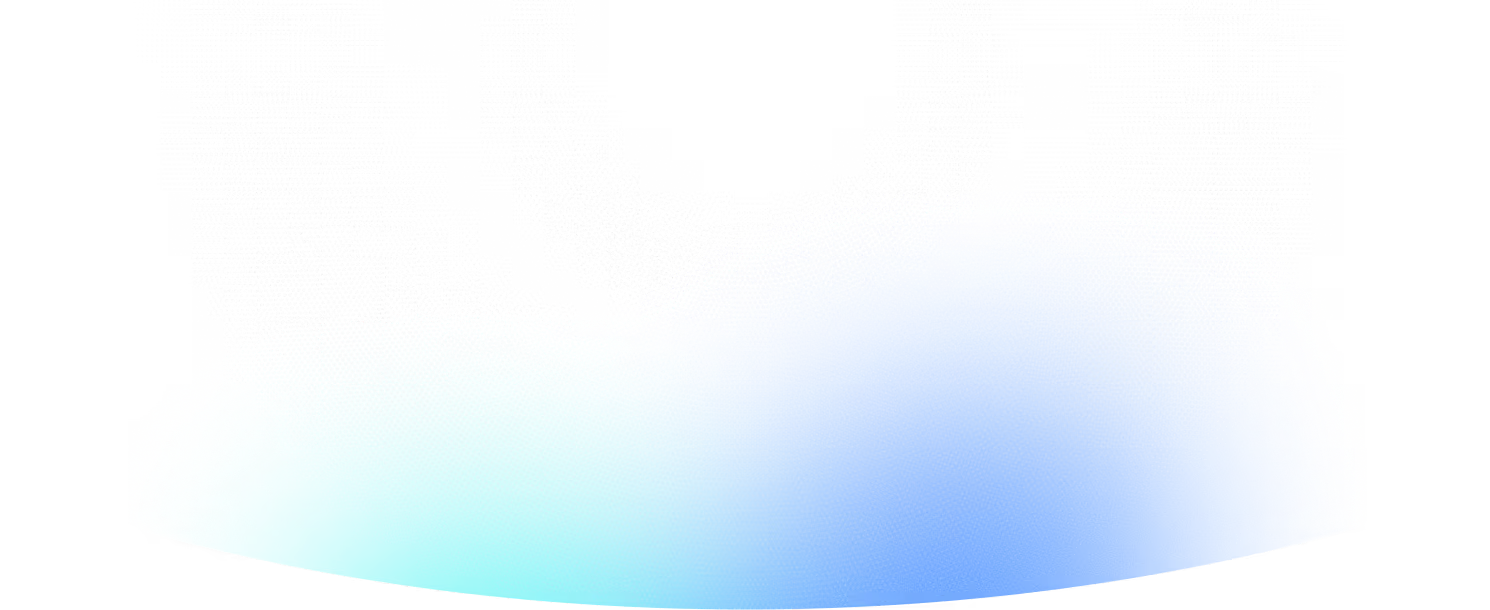
.svg)
The Future of Backend Development
Backend development has become fragmented across too many tools.

The backend needs a shared foundation.

.svg)
We Declare: The Step is Our Core Primitive

.svg)
Trigger

Subscribe
.svg)
Handler
.svg)
Emit
With just these four concepts, software engineers can build anything they need in Motia, particularly with Steps being language and runtime agnostic. But the power of Motia isn't just in its simplicity; it's in what it abstracts away, mirroring React's abstraction of the DOM.
Our Value Proposition
- Developer Experience - Unified tooling, type safety, and hot reload across languages. Write once, debug everywhere.
- Speed & Velocity - From prototype to production in minutes. Unified development environment eliminates context switching.
- Versatility - APIs to AI agents in one framework. Polyglot by design with true language interoperability.
- Reliability - Resilience built in - fault tolerance without operational complexity or manual configuration.
Future of Backend Development
Every team will take this journey toward intelligent backend systems. It's inevitable - API → Background Jobs → Workflows → AI Agents → Real-time Streaming Intelligence. The question isn't whether you'll build these capabilities, but how painful the transition will be. Motia ensures this evolution happens naturally, without the architectural rewrites that have plagued every major shift in software development.
Setting up resilient event-driven systems has been incredibly difficult to do correctly. Motia builds this foundation for you, providing enterprise-grade observability with complete system visibility through logs visualization, request tracing, state monitoring, and dependency diagrams. Automatic error handling and retry mechanisms replace manual queue infrastructure, letting developers focus on business logic instead of infrastructure complexity. Built on 25 years of knowledge about event-based systems, each Step scales independently, avoiding monolithic bottlenecks. Atomic deployments and one-click rollbacks create isolated services that share the same data layer while ensuring cloud-provider agnosticism. Real-time streaming requires no configuration - define your data structures and changes automatically stream to subscribed clients.
Motia is built for the future of software development - a unified system designed to evolve with AI-driven complexity while remaining fundamentally simple for developers to use.


.svg)


.svg)


.svg)

.svg)

.svg)
.svg)
.svg)
.svg)
.svg)